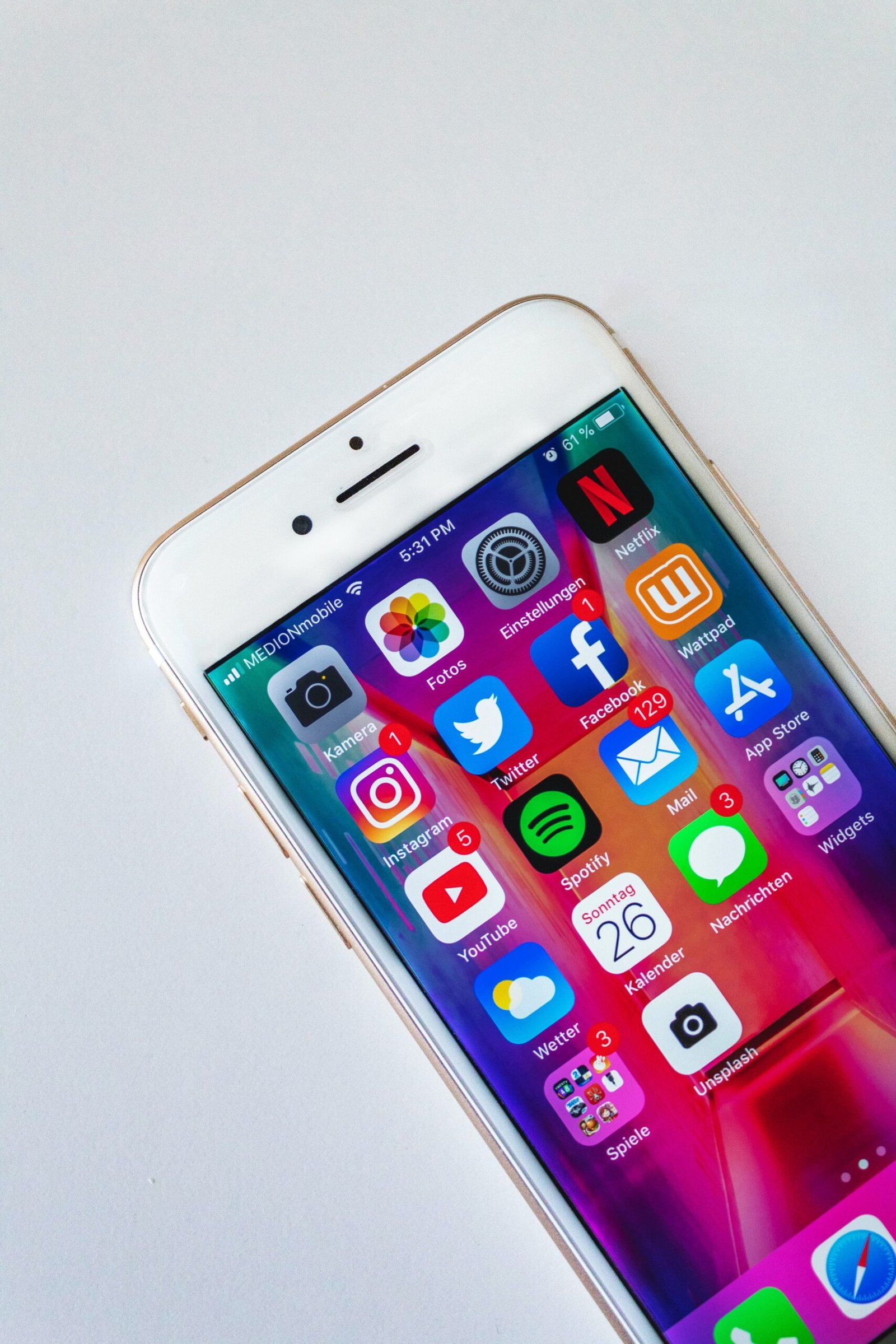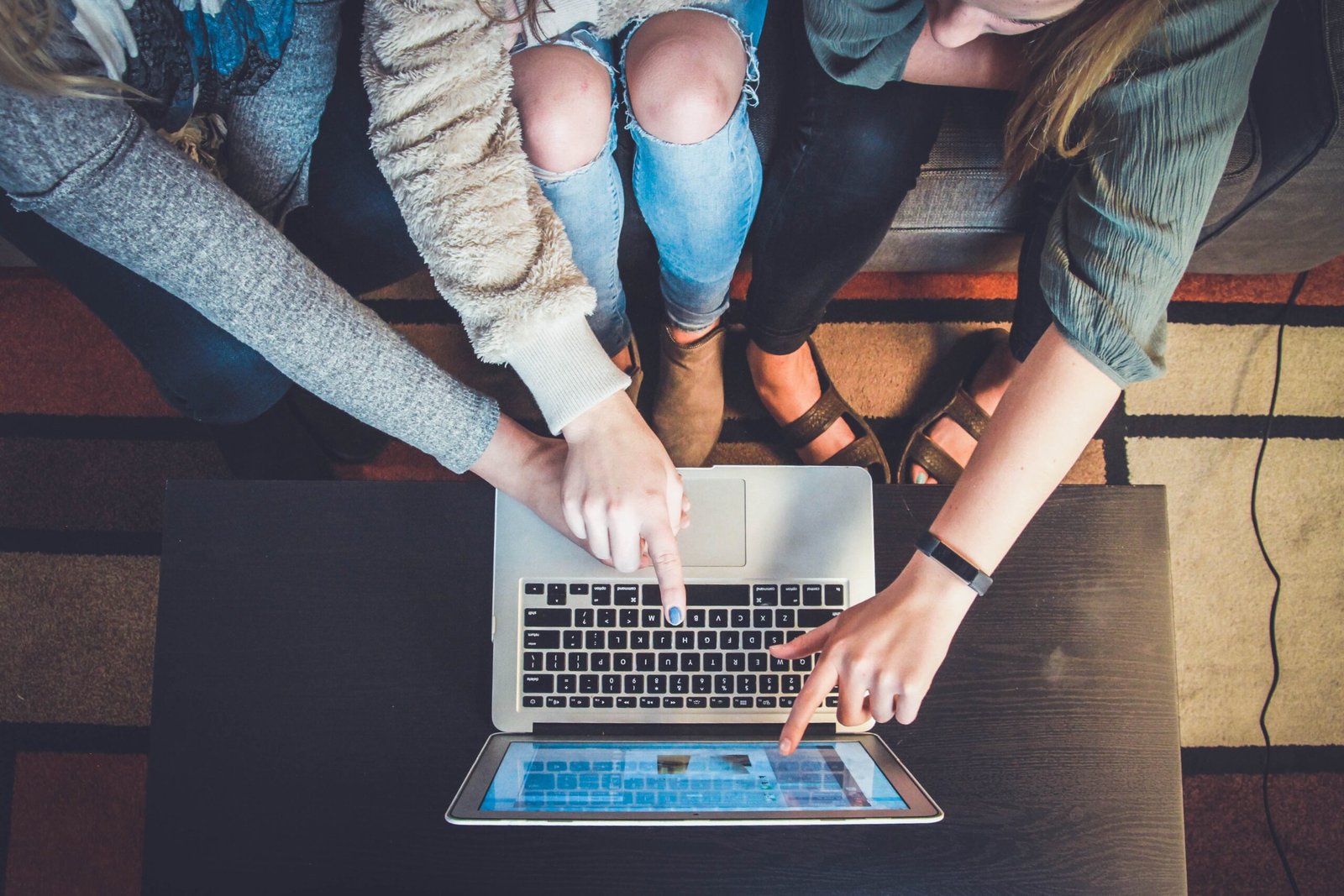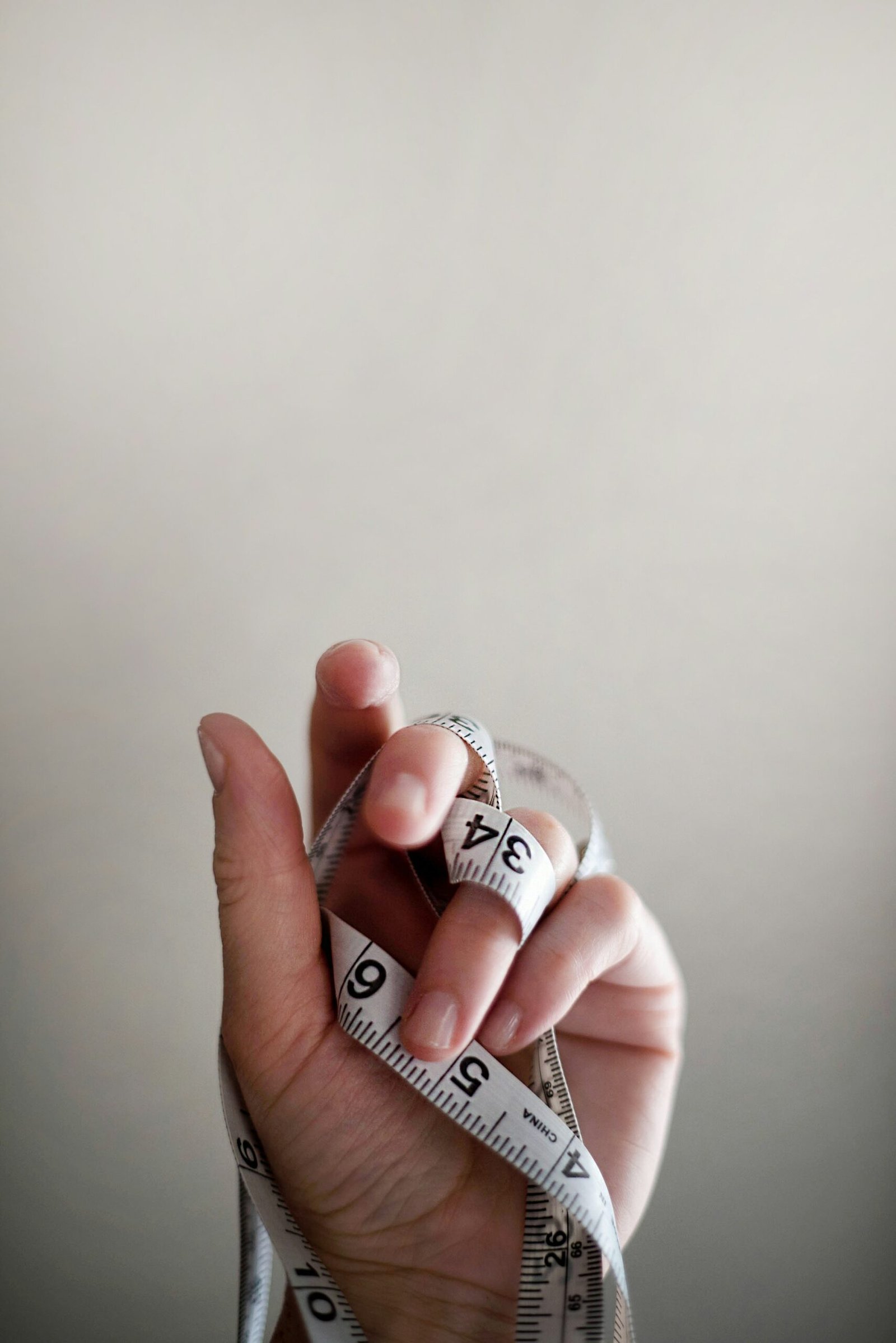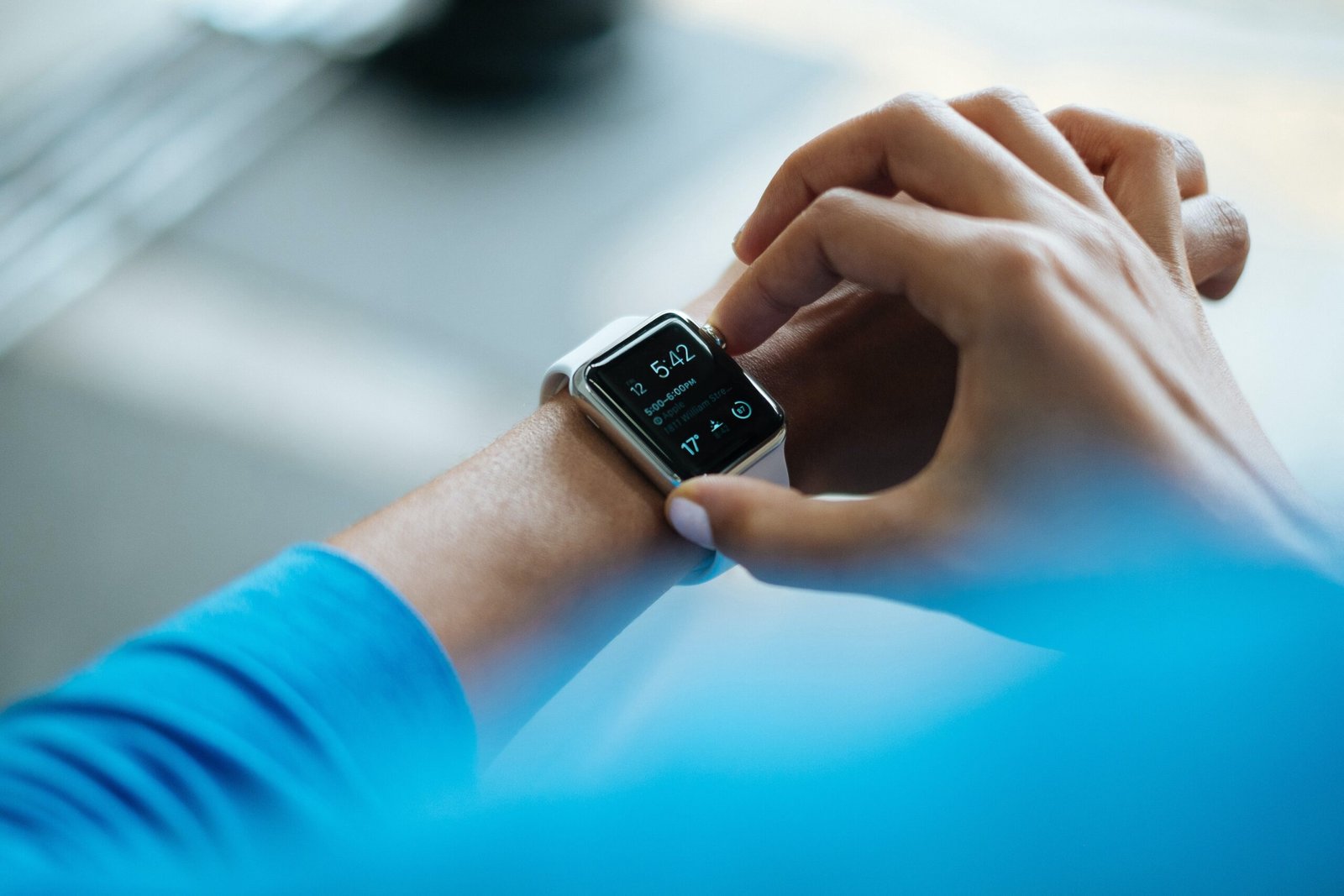Social media has undeniably become an integral part of our daily lives, revolutionizing the way we connect, share, and communicate. With the click of a button, we can instantly access a vast network of individuals, communities, and information. However, as our online presence grows, so does the potential impact on our mental health. In this article, we will explore the various ways in which social media can affect our well-being and provide strategies for navigating the digital landscape.
The Illusion of Perfection
One of the significant effects of social media on mental health is the perpetuation of the “illusion of perfection.” Platforms like Instagram and Facebook are flooded with carefully curated posts showcasing the highlight reel of people’s lives. This constant exposure to seemingly flawless images and experiences can lead to feelings of inadequacy, low self-esteem, and even depression.
For example, imagine scrolling through your feed and seeing images of friends on luxurious vacations, attending glamorous events, or achieving career milestones. While these posts may represent only a fraction of their lives, it’s easy to compare ourselves and feel as though we fall short.
Increased Social Comparison
Social media platforms provide an ideal environment for social comparison, where we measure our own worth based on how we perceive ourselves in relation to others. This constant benchmarking can have detrimental effects on our mental well-being.
Consider a scenario where you come across a post about a friend’s recent promotion. While you may genuinely be happy for them, it’s natural to compare your own accomplishments and feel a sense of inadequacy if you perceive yourself as falling behind.
The Fear of Missing Out (FOMO)
Another significant impact of social media on mental health is the fear of missing out (FOMO). As we scroll through our feeds, we are bombarded with images and updates about events, parties, and gatherings we were not invited to or unable to attend. This can evoke feelings of loneliness, exclusion, and anxiety.
For instance, imagine seeing posts from friends attending a concert you couldn’t go to due to other commitments. The fear of missing out on what seems like an incredible experience can leave you feeling left out and disconnected.
Online Bullying and Cyberbullying
Social media platforms have unfortunately become breeding grounds for online bullying and cyberbullying. The anonymity and distance provided by these platforms can embolden individuals to engage in hurtful behavior, leading to severe emotional distress for the victims.
For example, imagine receiving derogatory comments or messages attacking your appearance, intelligence, or personal life. The impact of such cyberbullying can be devastating, leading to anxiety, depression, and even suicidal thoughts.
Strategies for Navigating the Digital Landscape
While the impact of social media on mental health is undeniable, it’s essential to remember that we have the power to shape our online experiences. Here are some strategies for navigating the digital landscape:
- Practice Mindful Consumption: Be mindful of the content you consume and how it affects your well-being. Unfollow accounts that make you feel inadequate and seek out positive, uplifting content.
- Set Boundaries: Establish limits on your social media usage. Allocate specific times for checking your feeds and avoid mindless scrolling before bed or during important tasks.
- Cultivate Real-Life Connections: While social media can provide connections, prioritize building and nurturing relationships offline. Engage in activities that bring you joy and allow for meaningful interactions.
- Seek Support: If you find yourself struggling with the impact of social media on your mental health, don’t hesitate to reach out for professional help. Therapists and counselors can provide guidance and support.
- Practice Self-Compassion: Remember that social media is a curated representation of people’s lives. Be kind to yourself and focus on your own journey, rather than comparing yourself to others.
In conclusion, while social media offers numerous benefits, it is crucial to be aware of its potential impact on our mental health. By understanding the pitfalls and implementing strategies for self-care, we can navigate the digital landscape with greater resilience and safeguard our well-being.









